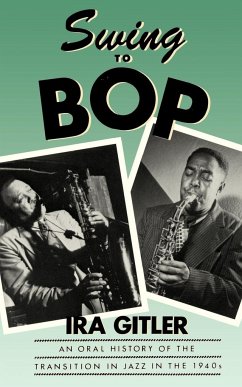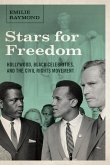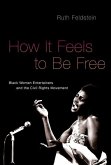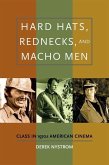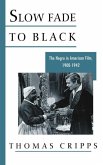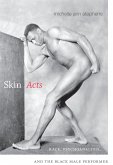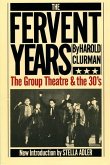Over a ten-year period, Ira Gitler interviewed more than fifty of the major figures in jazz history to preserve for posterity their recollections of how jazz moved from the big band era in the late 1930s and 1940s into the modern jazz period. The musicians interviewed recreate their own experiences and also evoke the legendary figures of bop who were especially influential in its development but were rarely or never recorded, people like Clyde Hart and Freddie Webster.
This indispensable book brings us face to face with some of the most memorable figures in jazz history and charts the rise and development of bop in the late 1930s and '40s. Ira Gitler interviewed more than 50 leading jazz figures, over a 10-year period, to preserve for posterity their recollections of the transition in jazz from the big band era to the modern jazz period. The musicians interviewed, including both the acclaimed and the unrecorded, tell in their own words how this renegade music emerged, why it was a turning point in American jazz, and how it influenced their own lives and work. Placing jazz in historical context, Gitler demonstrates how the mood of the nation in its post-Depression years, racial attitudes of the time, and World War II combined to shape the jazz of today.
This indispensable book brings us face to face with some of the most memorable figures in jazz history and charts the rise and development of bop in the late 1930s and '40s. Ira Gitler interviewed more than 50 leading jazz figures, over a 10-year period, to preserve for posterity their recollections of the transition in jazz from the big band era to the modern jazz period. The musicians interviewed, including both the acclaimed and the unrecorded, tell in their own words how this renegade music emerged, why it was a turning point in American jazz, and how it influenced their own lives and work. Placing jazz in historical context, Gitler demonstrates how the mood of the nation in its post-Depression years, racial attitudes of the time, and World War II combined to shape the jazz of today.

